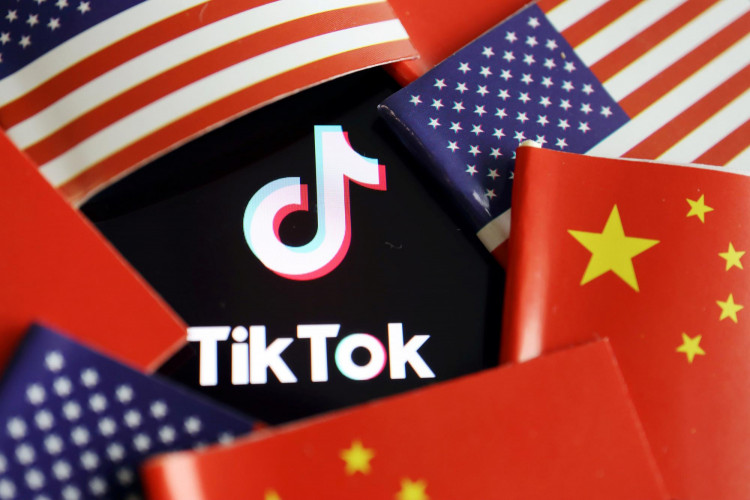During a recent House of Representatives intelligence committee hearing, U.S. Director of National Intelligence Avril Haines addressed the growing concerns surrounding TikTok, the popular social media app owned by Chinese company ByteDance. Haines acknowledged the possibility that China could leverage TikTok to influence the upcoming 2024 U.S. elections, a sentiment that has sparked bipartisan legislative efforts aimed at mitigating this risk.
Democratic Representative Raja Krishnamoorthi, who serves as the ranking Democrat on the House Select Committee on China, inquired about the potential misuse of TikTok by the Chinese Communist Party (CCP) to sway U.S. electoral outcomes. Haines responded, "We cannot rule out that the CCP would use it," highlighting the intelligence community's apprehension about the app's role in American democracy.
This exchange comes on the heels of a legislative proposal introduced by Krishnamoorthi and the committee's Republican chair Mike Gallagher, which seeks to compel ByteDance to divest TikTok within six months. The proposed bill, set for a House vote under fast-track rules, faces a challenging path to enactment, requiring a two-thirds majority for passage and President Joe Biden's endorsement, amidst TikTok's widespread popularity among 170 million Americans.
The 2024 Annual Threat Assessment of the U.S. Intelligence Community further underscores these concerns, citing instances where TikTok accounts linked to Chinese government propaganda targeted U.S. political candidates during the 2022 midterm elections. The report fuels the ongoing debate over TikTok's potential to serve as a conduit for foreign influence and data privacy breaches, given the Chinese government's capacity to access user information and manipulate content.
TikTok has consistently refuted claims of sharing U.S. user data with the Chinese government, contending that the proposed legislative measures effectively amount to a ban on the app. The feasibility of TikTok's divestiture within the stipulated timeframe remains uncertain, especially considering the potential need for Chinese regulatory approval.
FBI Director Christopher Wray, also present at the House hearing, reiterated his stance on TikTok's national security threats. Wray emphasized the implications of granting the Chinese government potential control over Americans' data and devices, urging citizens to contemplate the broader security ramifications of the app's usage.
As the U.S. navigates the complex intersection of technology, privacy, and national security, the discourse around TikTok and its association with ByteDance continues to evoke bipartisan legislative action and public scrutiny. The unfolding developments surrounding TikTok's future in the U.S. market and its implications for the 2024 elections underscore the broader geopolitical tensions between the U.S. and China, particularly in the realm of digital influence and cybersecurity.
Reuters contributed to this report.






